On February 01, 1796 in Celtic History
Theobald wolf tone, arrives in france seeking assistance
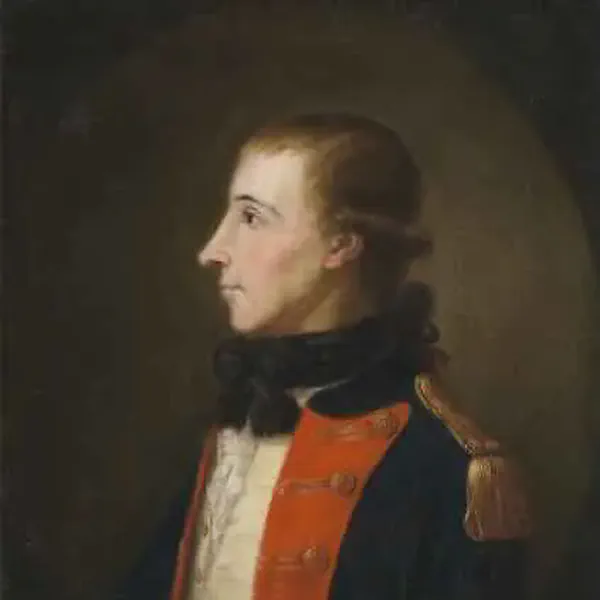
Theobald Wolfe Tone, a leading figure in the Irish Republican movement and one of the founding members of the United Irishmen, arrived in France in 1796 seeking military assistance to support a rebellion against British rule in Ireland. Wolfe Tone sought to secure French support for the Irish cause, leveraging the revolutionary fervor of the time and France’s rivalry with Britain.
Wolfe Tone’s efforts were part of a broader strategy to establish an independent Irish Republic through an uprising that would overthrow British control. His diplomatic missions aimed to convince the French government that an Irish rebellion, supported by French forces, could distract Britain and potentially force them to make peace on French terms.
The French, seeing an opportunity to weaken Britain, agreed to support Wolfe Tone’s plans. This led to the French Expedition to Ireland, also known as the Bantry Bay expedition, in December 1796. The expedition involved a large French fleet carrying troops and war material intended to land in Ireland and join forces with the Irish revolutionaries. However, the mission was thwarted by poor weather conditions, disorganization, and the Royal Navy’s actions, preventing the French forces from landing.
Despite the failure of the 1796 expedition, Wolfe Tone continued his efforts to secure French support, leading to further attempts to assist the Irish rebellion. Wolfe Tone was captured by the British in 1798, during another French attempt to land in Ireland. His capture marked a significant blow to the Irish Republican movement and he is remembered as a martyr for Irish independence, having played a key role in inspiring the pursuit of Irish self-determination.
More From This Day

Feast of goddess Brigit, also known as Imbolc, Candlemasm, Groundhogs Day, Celtic fertility day
February 01
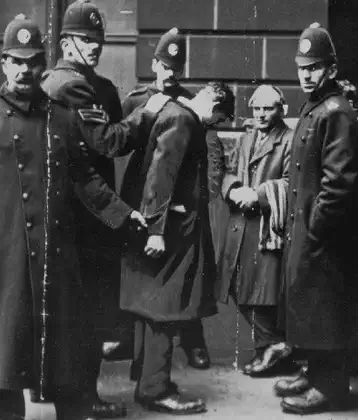

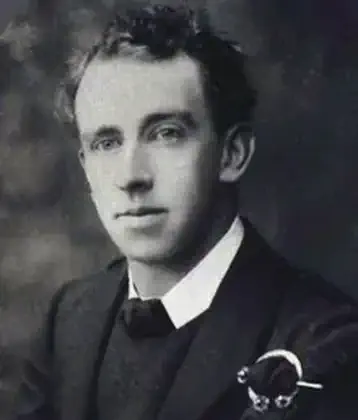
Thomas MacDonagh, patriot, poet, critic and scholar, is born in Cloughjordan, Co. Tipperary
February 01, 1878

Highland Railway formed from the Inverness-Perth Junction & Inverness-Aberdeen-Junction Railways
February 01, 1865
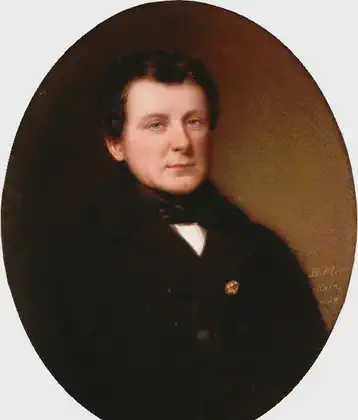
Daniel O'Connell, having kills Norcot d'Esterre in a duel fought on this date
February 01, 1815
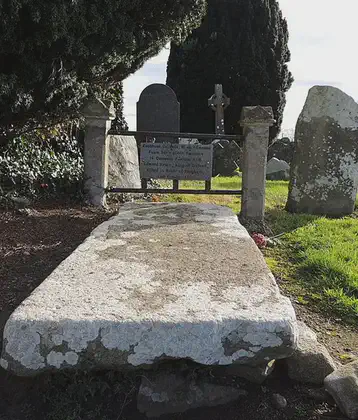
Edward the Bruce of Scotland and his Irish allies win the battle of Skerries in Kildare
February 01, 1315
